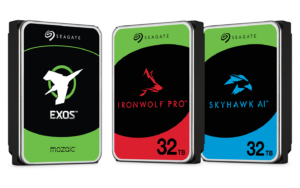Travellers in Asia-Pacific are embracing AI tools that save money and improve timing but are resistant to automation that removes human control and data practices that intrude on privacy, according to a study by YouGov on behalf of data visualisation and management firm Qlik.
The study, released this week, shows that AI is becoming a useful tool but still has some way to gain more trust from travellers in the region. Just 11 per cent of residents trust AI more than people, and one in four travellers want personalisation, but stop short of sharing data, it found.
Contrasting attitudes across Asia
As a diverse region, attitudes aren’t uniform. The research unveiled sharp contrasts in the region – for example, in terms of needs, Singapore and India stand at opposite ends.
Singapore travellers want robust planning tools but are control-oriented. Some 63 per cent reject auto-rebooking features that change reservations without their consent.
On the other hand, India is most open to sharing planning data and has the highest levels of AI optimism. One in five say AI is more trustworthy than humans. Yet Indian travellers still prefer a human recommendation in the final step, showing a preference for a hybrid trust model.
Japan is the most privacy-protective market, with only 31 per cent willing to share data. The finding underlines a deep cultural caution about digital tracking.

Australia appears to have a pragmatic balance. The country’s travellers will share search data for better pricing, but are skeptical about suggested destinations and cautious about automation such as rebooking.
“Asia-Pacific travellers just gave every C-suite the AI playbook – reward people with prediction and savings, and never remove their agency,” said Mike Capone, chief executive officer of Qlik.
“Trust only comes when systems are explainable, auditable and tied directly to measurable value. Companies that respect trust and choice will earn loyalty at scale,” he added.
Building trust
To build trust in AI systems, Qlik recommends that organisations prove utility before asking for data. One such strategy is to provide prediction and budgeting features that show clear savings, before layering in permissions.
When it comes to designing consent, Qlik suggests a “first-class experience”, where users are kept up to date by being notified, shown the exact change, asked before execution, and have access to a one-tap undo.
Recommendations need to be put in plain language with key inputs, so that customers can understand the “why,” not just the “what”, it advised.
For companies serving travellers and for businesses embracing AI, the message is clear: Demonstrate visible value, protect user control, and earn trust through transparent, responsible data practices that meet changing regulations.






